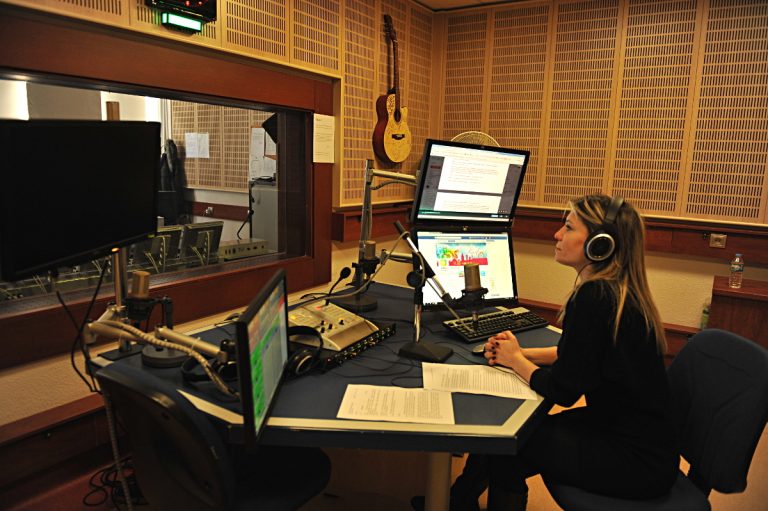
For years, the media has been capturing powerful stories to share with the nation, from the assassination of U.S. President John F. Kennedy in 1963, the ‘Trial of the Century’ with O.J. Simpson in 1994, the 9/11 World Trade Centre attack in 2001, and more recently this year, the coverage of Brexit and the U.S. presidential election.
In the past, news stories featured in newspapers or on the radio came at a much slower pace until the invention of the television in the 1920’s, which revolutionised the industry, as viewers were able to witness breaking news as it happened. News continues to be instantaneous, and the rise in popularity of social media throughout the 21st century means that the way in which information is fed to the general public has changed once again.
The media is now very much a two-way communication tool, as the general public can interact with it directly, for example by commenting on live news feeds. Viewers can even document the media themselves through the use of smart phones, in what is commonly being termed as ‘citizen journalism’, which was displayed during the 2007 Virginia Tech shootings.

Despite the huge role that the media has played, and continues to play, there is a widespread misconception that a university degree in Mass Communications is not worthwhile, as it is too easy, and has no job prospects. Yet Mass Communications, which is the transmission of information to the general public through media channels such as newspapers, magazines, television, radio, film, and websites, is a necessary part of today’s society.
The umbrella term of Mass Communications incorporates specialisations including Advertising, Journalism, Photography, Public Relations, Broadcast Media, and Telecommunications to name a few. Students can study degrees in any of these subject areas and progress on to a wide range of professions in the industry.
Generally, Mass Communications degrees do not have any subject-specific requirements, although students must meet the minimum entry requirements for their chosen university. For this reason, first year topics are usually broad and provide students with an introduction to their chosen subject area, preparing them with the skills and knowledge they will need for the following years.

In the second, third (and sometimes even fourth) years, students will have the opportunity to select from a range of optional modules. These modules are all related to the main degree programme, but allow students the opportunity to specialise in an area they want to work in. For example, a student on a Journalism degree may have a passion for sport and therefore decide to select modules in this area. Similarly, an advertising student may want to work only in television advertising, and therefore focuses their studies around this discipline.
Another important aspect of the Mass Communications degree is the work placement component – something students should take full advantage of. As this is a hands-on, creative industry, work experience is essential and more often than not, jobs can be found not from what students know, but who they know. A Mass Communications degree will give students optimal chances to network and make sure their name is one which is well-known within the sector.
Images via Shutterstock
Liked this? Then you’ll love these…
The proliferation of fake, misleading news is why students must learn media literacy







